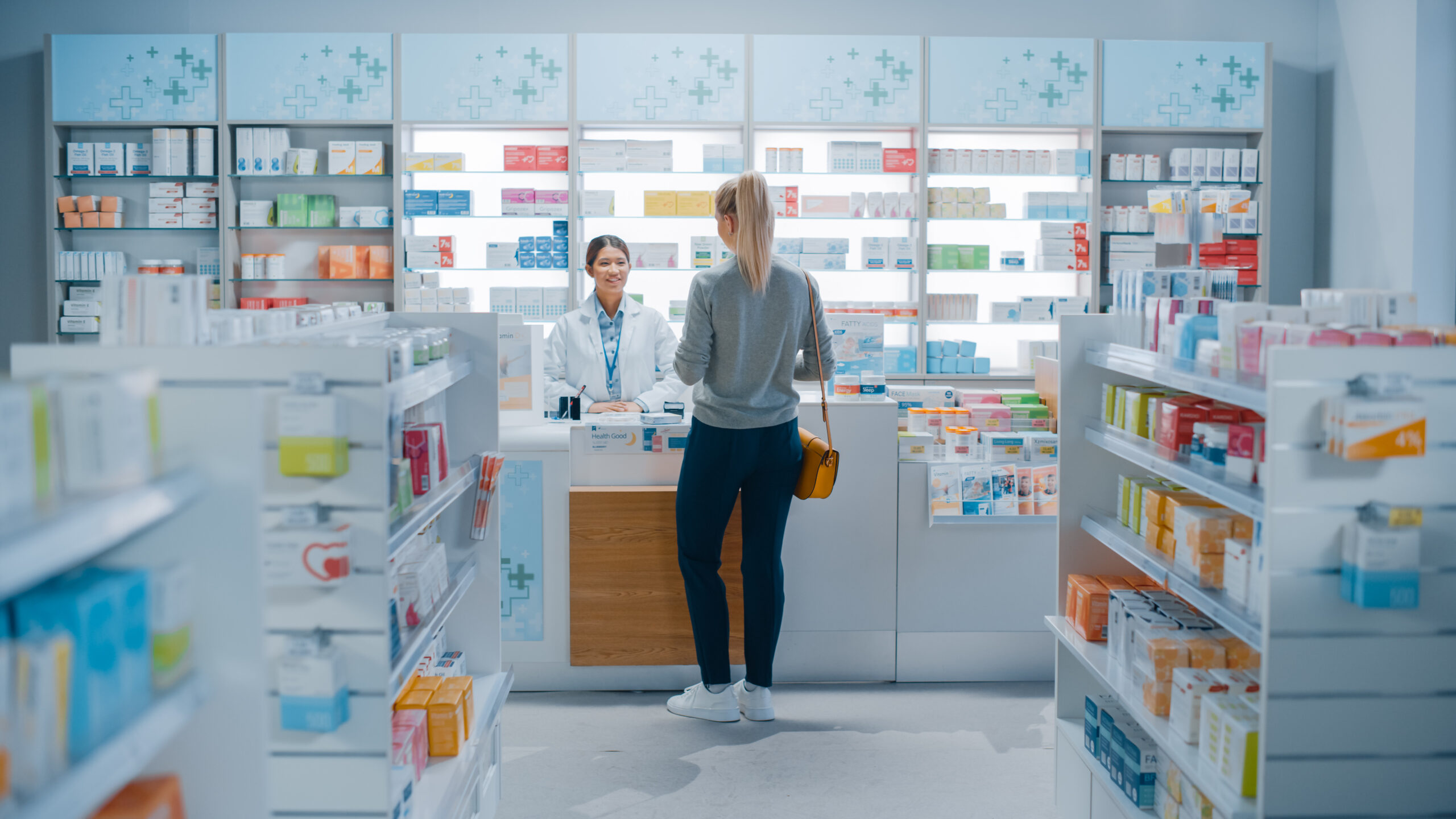News • Jun 25 2025

news • May 09 2023

news • May 09 2023
It turns out the bridge between the healthcare and retail industries isn’t very long. There are actually more similarities between the two than you might expect at first glance. Presently, healthcare is taking several cues from the traditional retail world. Creating designated spaces for healthcare businesses, and treating a visit to the doctor as an interactive experience. In the same way a customer would visit a brick-and-mortar store to buy something, a patient can conveniently visit a healthcare retail site to seek treatment. In many ways, healthcare is the new retail.
As the traditional medical system faces massive transitions such as a significant labor shortage and overflowing emergency rooms, healthcare is ripe for disruption. To deal with these changes, healthcare retail sites are appearing in the communities in which they serve, a sharp contrast to the traditional system of patients traveling far and wide to gain access to hospitals. By following the path of the retail world, healthcare is creating a sustainable business model that benefits all sides.
Across America, the healthcare industry is avidly expanding its footprint, and it’s finding a keen role model and partner in the retail industry. Whether it’s opening health centers in non-traditional venues, like shopping malls and department stores, or expanding into existing retail spaces like your local Walmart, the face of healthcare is constantly evolving.
Back in January, popular grocery store chain Kroger announced its launch of a network of clinical trial sites at its pharmacies and retail clinics. Walmart plans a similar model, with 28 new Walmart Health centers set to open in 2024. Inside, you’ll find a full suite of health services, like primary care physicians, labs, X-rays, behavioral health, and more.
Healthcare is also taking cues from brick-and-mortar stores by resolving to become “experiential.” Consider luxury dentist brand Tend, which raised $198 million for their expansion. They’re turning the traditionally-hated task of visiting the dentist into a covetable destination. By creating a place that you want to be, filled with stylish decor and welcoming staff, it’s rewriting the narrative on going to the dentist.
But healthcare retail is also beneficial for lower-income clients, opening facilities in mixed-use housing developments like Ogden Commons in Chicago’s North Lawndale neighborhood. Not only do they provide accessible medical care, but the facilities create jobs for residents.
Perhaps one of the most noticeable expansions of the medical field into the retail industry is the proliferation of urgent care centers. Across the country, shopping malls and storefronts that previously housed everything from restaurants to shoe stores are transitioning into urgent care centers. While their popularity increased tremendously during the height of the COVID-19 pandemic, urgent care’s spread was already starting before the pandemic hit. In fact, patient volume has jumped 60% since 2019, according to the Urgent Care Association, CNN reported.
The expansion of urgent care centers benefits multiple parties. It’s an opportunity to get patients out of already-crowded hospital emergency rooms, where a labor shortage is slamming doctors and nurses. With urgent care staff attending to less-serious issues like a broken ankle or strep throat, emergency room physicians can focus on high-priority patients who need immediate care. Plus, patients love the convenience of urgent care locations, which tend to be consciously placed on main drags in the communities they serve. Their price point is also incredibly popular with patients, since their cost of care is lower than an emergency room.
The benefits of retail health’s expansion will be seen far and wide. One of the most vital components is the increased access to healthcare. For centuries, you’ve been told that location is key. But that goes far beyond the ideal beach house or bustling storefront. By expanding access to healthcare, communities that have largely been left behind finally can grab hold of the opportunity to receive adequate medical coverage.
There’s also the benefit of increased patient interaction, which tends to be quite rushed and anonymous in a traditional hospital and medical facility. The flexibility of time will also be a boon to retail health. We’ve all waited for months on end to get an appointment with our primary care physician, or a hard-to-find specialist. Having medical facilities in retail locations promotes flexibility, allowing patients to stop by on their own schedule.
The business side of retail health is also desirable due to its profitability. Investors are channeling their funds into the industry, with the urgent care market expected to reach around $48 billion in revenue this year, according to IBISWorld. Healthcare brands are also reliable tenants for landlords and real estate owners, who are used to seeing other tenants go in and out. But healthcare is a product that is always in demand, and that means they’re a steady tenant. In fact, commercial realtors are even specifically targeting medical tenants in Manhattan, Forbes reported. Clearly, it’s an industry that has staying power.
One look at the statistics behind the growth of retail health demonstrates how rapidly the industry is growing. For example, the U.S. retail clinics market is projected to grow from $2.05 billion in 2022 to $4.22 billion by 2029, at a CAGR of 10.8% in forecast period, 2022-2029, one study found. But it goes far beyond the financial benefits of more healthcare. Patients find solace in medical facilities that eschew the traditionally-sterile, unwelcoming design aesthetic.
By cultivating intentional design in construction and renovation, exceptional patient experiences are built in an organic way. The rise in accessibility and convenience is another tremendous asset of retail health, and indicates how the industry will continue to flourish in the future.
News • Jun 25 2025
News • Jun 10 2025
Generis Collective can be your single point of contact for all your property development needs- providing leadership across every stage of your project and managing all moving parts. Let’s connect and start transforming your guest experience.